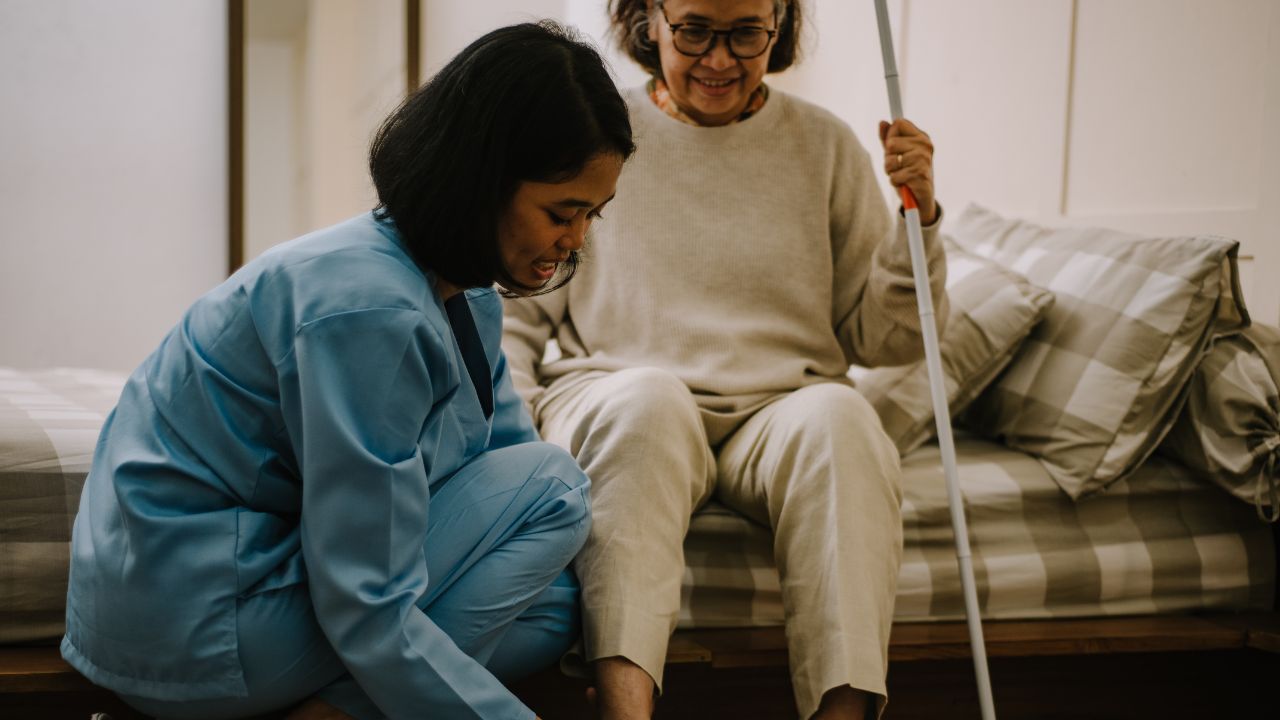As the Indian senior living and home care market is gradually increasing its footprint especially in the urban areas, hence it is critical that care staff should be trained on certain aspects of safety and security.
A lone working policy is driven by health and safety considerations for those who have to work on their own, usually for long periods, and as a result are exposed to increased risks to their personal safety either in a care home or in domiciliary care setting.
Some members of staff are required to work by themselves in the community without close or direct supervision, sometimes in isolated work areas or during out of office hours. These workers and volunteers are potentially at risk and could pose a risk to the residents.
Lone working in care homes means frequent interacting with residents with mental illness, whether it’s dementia, Alzheimer’s, bipolar or schizophrenia and unfortunately these people can become violent putting staff in dangerous situations.
The threat is not only from residents in a care home, it is also from a Lone Worker who may find a chance to abuse residents in different ways especially those women who have dementia and may not recall the physical abuse or be in a mental capacity to report to the management.
The attached document by Age UK is a good read for Care Home operators in India.
A Lone Worker policy and guidelines is very important because the number of older people moving into residential care homes / sheltered housing is increasing by the day.
Document can be accessed on the website https://www.ageuk.org.uk/ or downloaded here (Lone Worker Policy for Senior Citizen Care Homes) or can be read below
